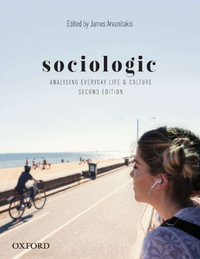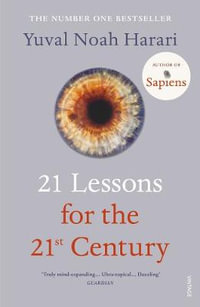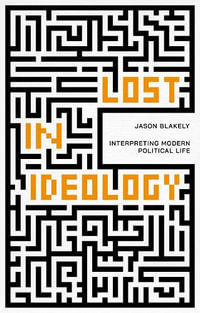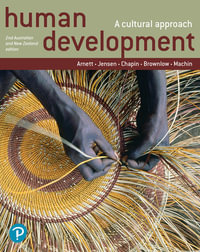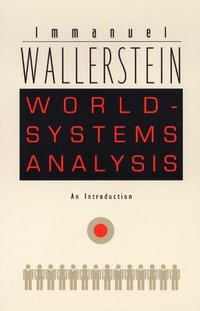'This is really the first sustained, comprehensive, critical engagement with Bauman's work and as such it stands alone. The book will be valued for showing how Bauman's work serves as a powerful lens through which to make sense of the times in which we live, as well as take stock of important aspects of sociology's development from the late twentieth century and the discipline's potential to contribute to the possibility of progressive alternatives to contemporary forms of social life.'
Barry Smart, Professor of Sociology, University of Portsmouth
'Zygmunt Bauman was one of the sharpest and most insightful critics of our liquid modern times. This major new work extends many of Bauman's core arguments while at the same time addressing their underlying limits. It is a must-read for anyone interested in what social science can be and do in the current post-crisis situation.'
Nicholas Gane, Professor of Sociology, University of Warwick
'This book will prove to be one of the best critical evaluations of Bauman's important work. In his usual insightful and nuanced analysis, Rattansi illuminates Bauman's great contributions to our understanding of twentieth- and twenty-first-century social realities, while at the same time pointing out some of the basic limitations of his approach. A must-read for every sociologist seeking to understand contemporary global reality.'
Nira Yuval-Davis, Director of the Centre for Research on Migration, Refugees and Belonging, University of East London
'Rattansi offers a remarkably comprehensive survey... readers come tounderstand what Bauman was: not a systematic theorist, not an empiricalsociologist, but a social philosopher who left enduring insights.'
P. Kivisto, AugustanaCollege (IL), Choice,May 2018
'Rattansi's discussion is a model of clarity and erudition'
Michael Strand, Brandeis University, Social Forces
'Rattansi has written a well-informed assessment of Bauman's writings that provides an excellent critical introduction to this author. Bauman and Con-temporary Sociology is therefore recommended not despite, but rather because of, its judgmental slant.'
Sandro Segre, University of Genoa, Contemporary Sociology: A Journal of Reviews

